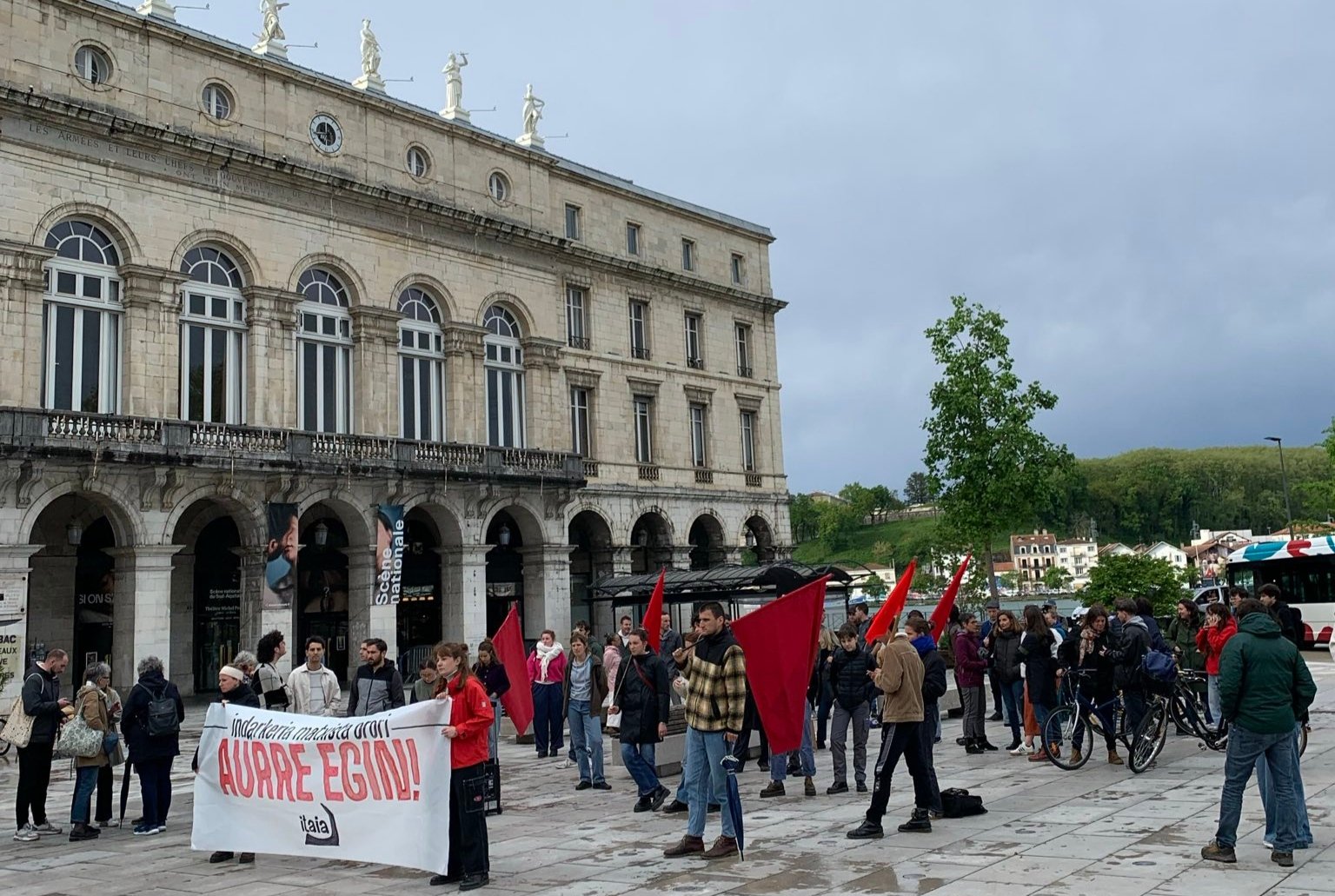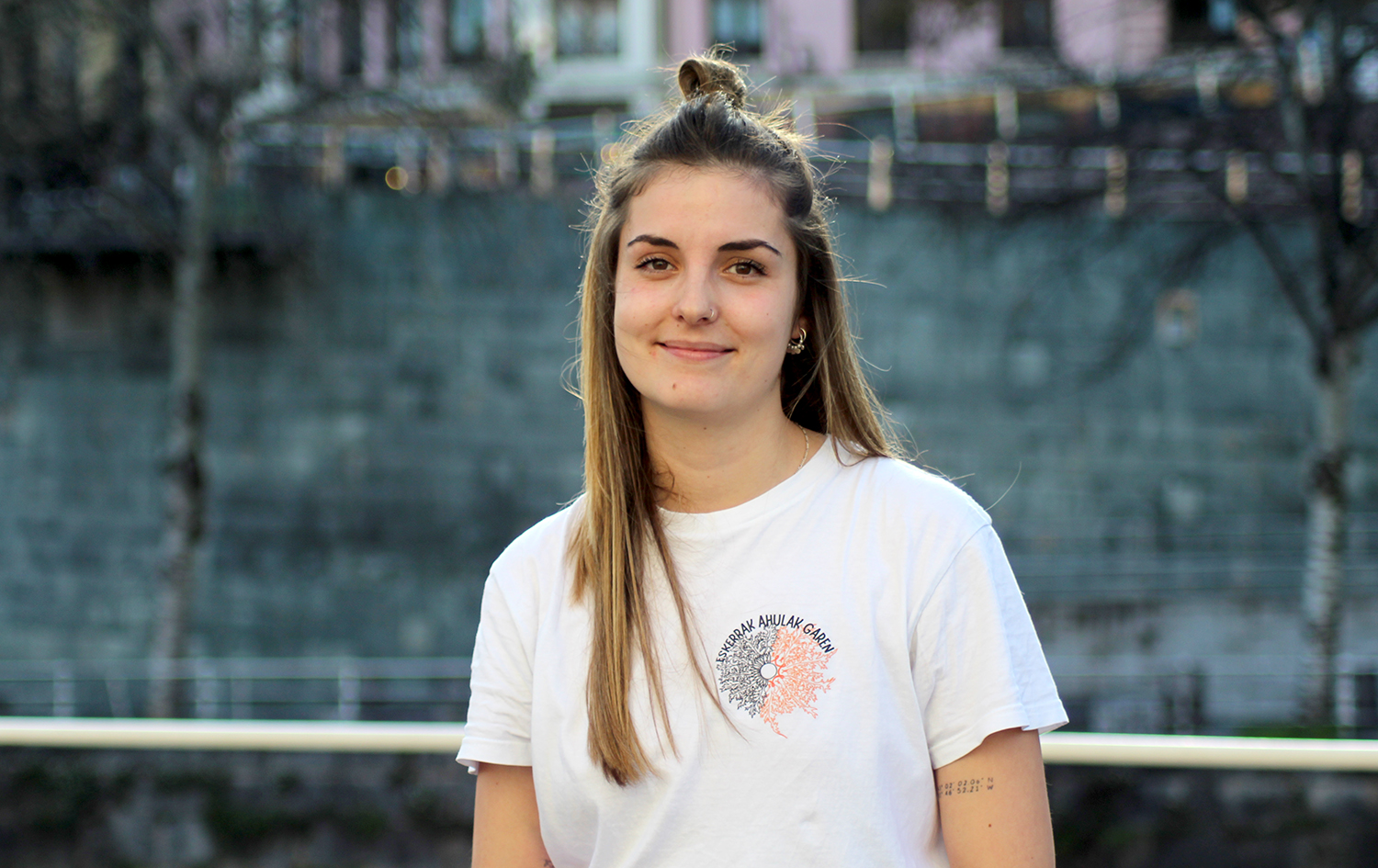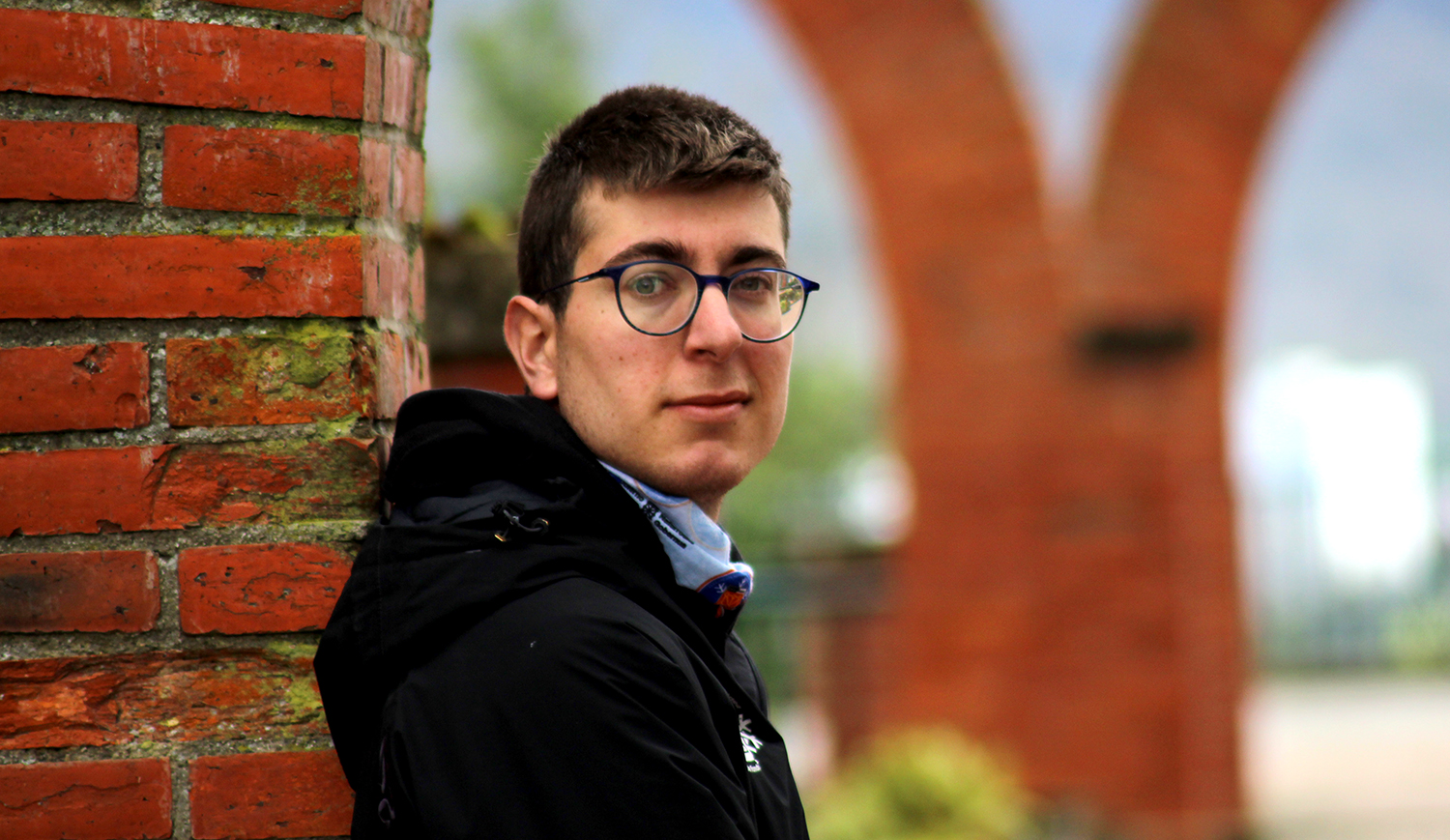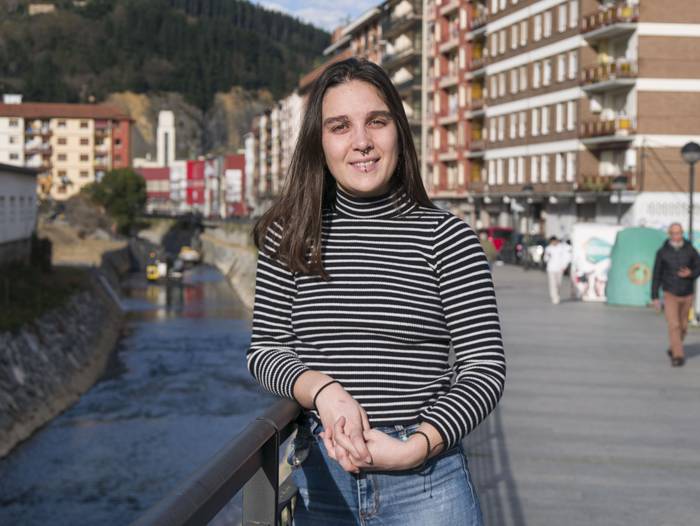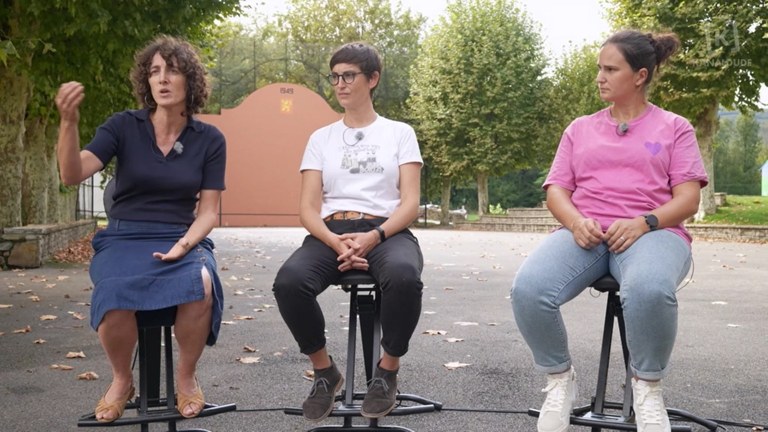Old Age in the Feminist Movement

It's not a feminist environment. In recent years there have been strong controversies within the movement that have raised powders. The collisions between different currents have many sides; from the problem of trans, to the abolition of pornography and prostitution, to the inter-classicist nature of the subject woman. So much so that the confrontation has also questioned the femininity itself and, consequently, the condition of a liberating subject of feminism.
However, this is not the first time that there have been divisions in the feminist movement. The foams of feminism in the second wave hit the coast of the Northern Basque Country first, where the first feminist associations of the Basque Country emerged, on the border of the 1960s and 1970s. In the South, as a result of the dictatorship, we had to wait a little later.
In the feminist movement of the time there were two main currents: radical feminism and socialist feminism. For the radicals, patriarchy was the political system that allowed the situation of dependence. This trend concluded that the main social conflict was the gender shock. Relations between women and men were equal to class struggle and believed that men were the dominant sexual class that dominated women. Part of this trend also focused on the feminism of inequality, that is, seeking the liberation of women through the recognition of female values, but without equating men. On the contrary, socialist feminism concluded that the origin of the dominant system was in the relationship between capitalism and patriarchy. They integrated the liberation of women in the struggle for socialism and, in general, supported the feminism of equality.
The most important issue between the two currents was the militancy model. The Socialists defended a double militancy because, despite recognizing in the parties and in the unions a large number of macho attitudes, they believed they had to participate in them, linked the liberation of Women to the revolution that the entire working class must do to destroy capitalism. The radicals, on the contrary, were supporters of the single militancy, that is, the militancy in the feminist movement, because talking about fighting in unions and parties was betting on male interests.
This debate was first reflected in Leioa, taking place in the Basque Country in 1977. Feminist encounters. The two currents faced and the debate was very intense. But the culmination of the conflict broke out in the 1979 meetings in Granada (Spain), where there were serious screams and insults. Many left the room and left, including many feminists from Hego Euskal Herria.
The division of confrontations and divisions, it is clear that feminism and the liberation of women have been one of the most important social movements of the Contemporary Age. Their struggle has opened the way for a better and fairer society. Follow it!
Many Basque feminists have been disappointed to learn that writer Chimamanda Ngozi Adichie has externalized pregnancy, meaning that a surrogate has fertilized her baby for money.Adichie is the author of the essay We should all be feminists, among others. They have ignored the... [+]
Indartsua, irribarretsua eta oso langilea. Helburu pila bat ditu esku artean, eta ideia bat okurritzen zaionean buru-belarri aritzen da horretan. Horiek dira Ainhoa Jungitu (Urduña, Bizkaia, 1998) deskribatzen duten zenbait ezaugarri. 2023an esklerosi anizkoitza... [+]
Gozamen aparta bezain deskribatzeko zaila dakar, norbaiten hitzak irakurri edo entzun ostean, zera pentsatzeak: “Horixe zen neu aurreko hartan azaltzen saiatu nintzena!”. Idazlea eta itzultzailea da María Reimóndez, eta galegoz aritzen da, hizkuntza... [+]
Orain arte desgaituak ez diren pertsonekin lehiatu da Uharteko Ipar Eski Taldeko Eneko Leyun eskiatzailea (Iruñea, 1998). 2024-2025 denboraldian, lehenengo aldiz parte hartu du Adimen Urritasuna duten Pertsonentzako Iraupeneko Eskiko Espainiako Txapelketan. Urrezko... [+]
Joan den urte hondarrean atera da L'affaire Ange Soleil, le dépeceur d'Aubervilliers (Ange Soleil afera, Aubervilliers-ko puskatzailea) eleberria, Christelle Lozère-k idatzia. Lozère da artearen historiako irakasle bakarra Antilletako... [+]
Endometriosiaren Nazioarteko Eguna izan zen, martxoak 14a. AINTZANE CUADRA MARIGORTAri (Amurrio, 1995) gaixotasun hori diagnostikatu zioten urtarrilean, lehen sintomak duela lau urte nabaritzen hasi zen arren. Gaitz horri ikusgarritasuna ematearen beharraz mintzatu da.
Duela aste batzuk, gurean egon ziren El Salvadorko eta Kanarietako emakumeen eskubideen aldeko hainbat aktibista. Sexu- eta ugalketa-eskubideez eta eskubide horiek urratzeak emakumeengan dituen ondorioez aritu gara; hala nola El Salvadorren berezko abortuak izanda homizidio... [+]
Zuberoako ohiturei buruzko bi liburu ditut gogoan. Batek XX. mendean aritu izan diren 180 dantzari eta soinulari aipatzen ditu. Haien artean, emakumezkorik ez da agertzen. Besteak, pastoralei egiten die errepasoa eta hor emakumeak aipatu aipatzen dira, baina omisio esanguratsuak... [+]
1984an ‘Bizitza Nola Badoan’ lehen poema liburua (Maiatz) argitaratu zuenetik hainbat poema-liburu, narrazio eta eleberri argitaratu ditu Itxaro Borda idazleak. 2024an argitaratu zuen azken lana, ‘Itzalen tektonika’ (SUSA), eta egunero zutabea idazten du... [+]











